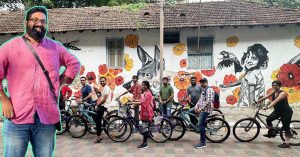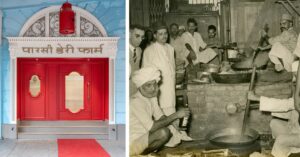Ae Mere Watan Ke Logon: The Story of the Song That Drove Nehru to Tears
Coupled with Lata Mangeshkar’s mellifluous voice were the powerful, hard-hitting lyrics of Kavi Pradeep that famously moved India's First Prime Minister.
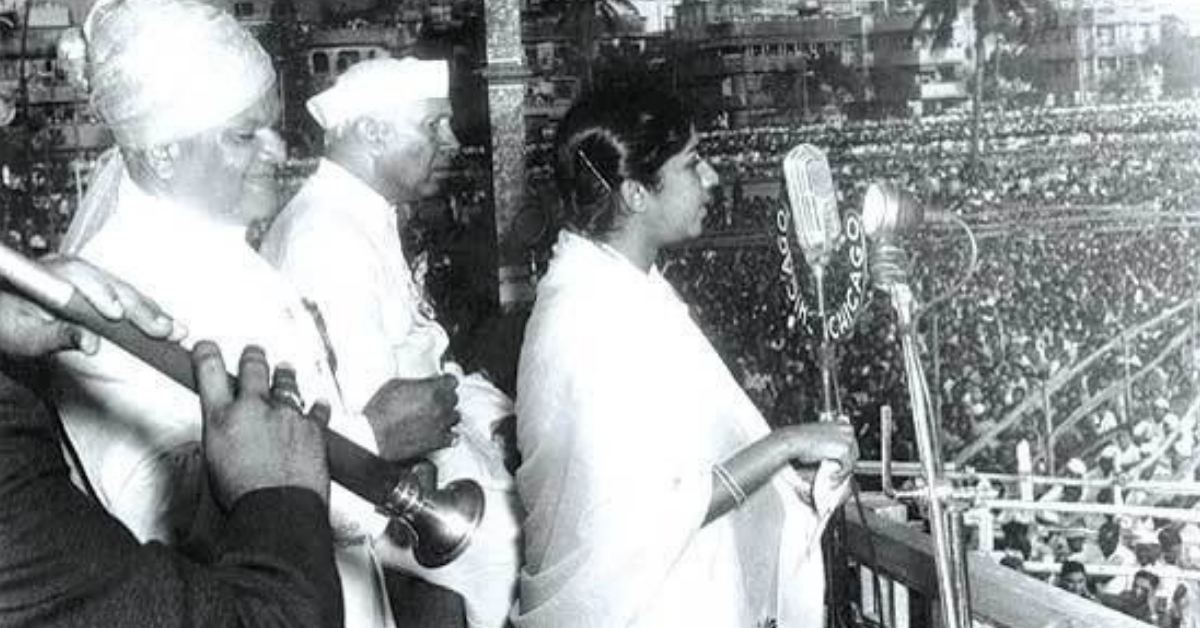
Having studied in central schools across the length and breadth of the country, thanks to my father, an ex-defence personnel, singing patriotic songs regularly was an intrinsic part of my school life. A fact, I’m pretty sure, most people who have, and still study in government schools would vouch for.
Patriotic songs are usually limited to occasions like Independence Day or Republic Day celebrations in other schools but not for us Central schoolers!
From Sare Jahan Se Achha or Vande Mataram, I can go on with the list of the songs that I sang during countless morning assemblies.
But if there is one song that has stood the test of time and continues to evoke the same sense of love for the country, it is the heart-wrenching Ae Mere Watan Ke Logon.
The hauntingly ethereal quality of the song stemmed from the vocal cords of the legendary Lata Mangeshkar.
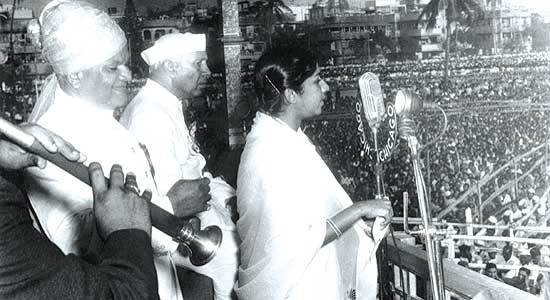
Coupled with Mangeshkar’s mellifluous voice were the powerful, hard-hitting lyrics of Kavi Pradeep that famously moved Prime Minister Jawaharlal Nehru to tears.
Very few people know the origin of the song which has remained, to this date, synonymous with Mangeshkar. Poet Pradeep penned the song shortly after the 1962 Indo-China war, as a tribute to the soldiers who had died defending the country.
For a country still agonising over a defeat in the war, the song acted as the perfect wake-up call asking the citizens to overcome their anger and rise in solidarity for the fallen.
However, from its composition to its overwhelming performance, the song has a fascinating story behind in which Pradeep had a crucial role to play.
Born as Ramchandra Narayanji Dwivedi, Kavi Pradeep, already a renowned poet and songwriter by then, was left aggrieved and devastated by the war.
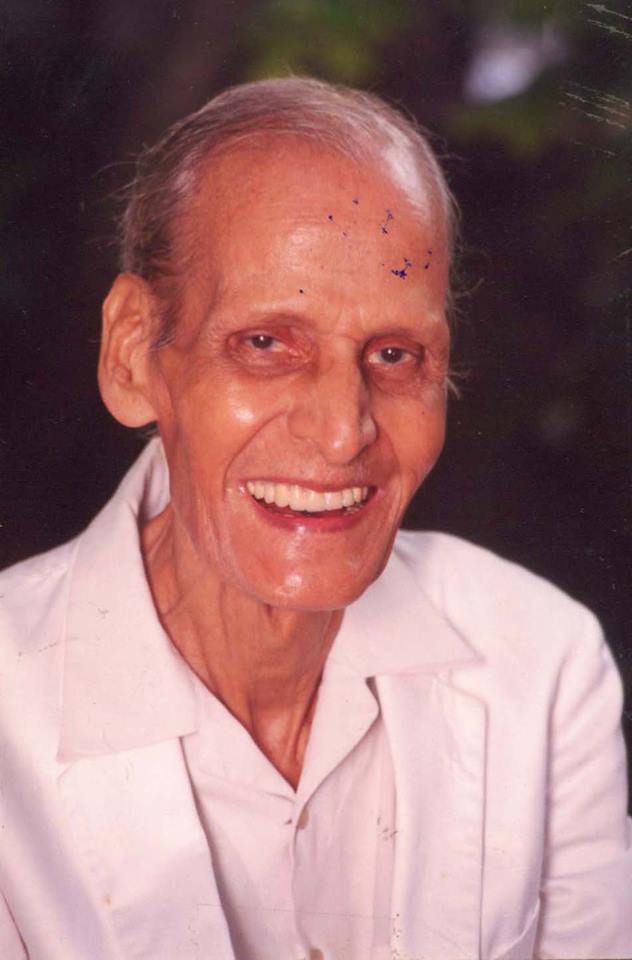
Amongst the thousands who had been martyred during the war, it was the sacrifice of Param Veer Chakra, Major Shaitan Singh Bhati that had moved Pradeep to pen down the lyrics of Ae Mere Watan ke Logon.
An account claims that Pradeep had been walking along the Mahim beach in Mumbai when the words exploded into his head. Borrowing a pen from a fellow stroller, he wrote the first stanza of the song on the foil from a pack of cigarettes.
After a few weeks, producer Mehboob Khan approached Pradeep for a song for a fundraising event that he had organised at National Stadium. Though Pradeep readily agreed, he told Khan that no further details of the song would be disclosed.
He teamed up with composer C Ramchandra and roped in Mangeshkar to sing the song.
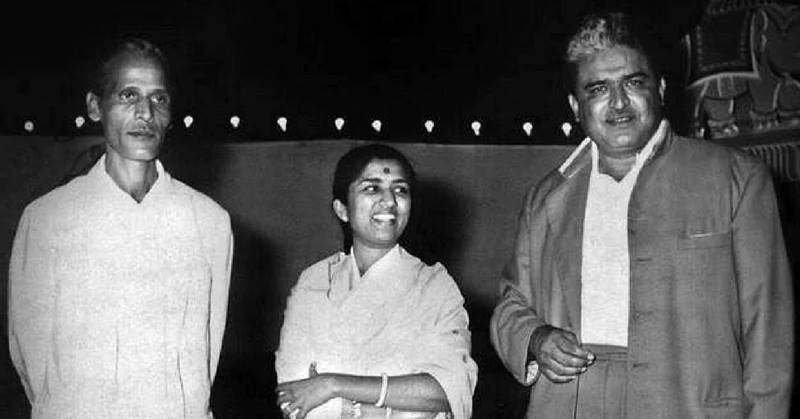
However, a misunderstanding arose between the composer and the singer, who then walked out and Asha Bhosle stepped in. But Pradeep was adamant on Mangeshkar as he felt that hers was the only voice that could do justice to the song and was relentless in his pursuit of convincing the singer.
When Mangeshkar finally heard the song that Pradeep sang in front of her, it is said that she broke down and agreed at once—only on the condition that Pradeep would have to be present in all the rehearsals. And the rest is history!
On 27 January 1963, Mangeshkar sang the song in public for the very first time in the presence of Nehru and other eminent dignitaries during the Republic Day celebrations at the National Stadium in New Delhi. The Prime Minister was moved to tears upon listening to the soulful rendition. Sadly, Pradeep never got to see the overwhelming response, as he wasn’t invited to the event.
However, the man would get the opportunity to sing the song two months later in front of Nehru in Mumbai, when the PM was attending a school function.
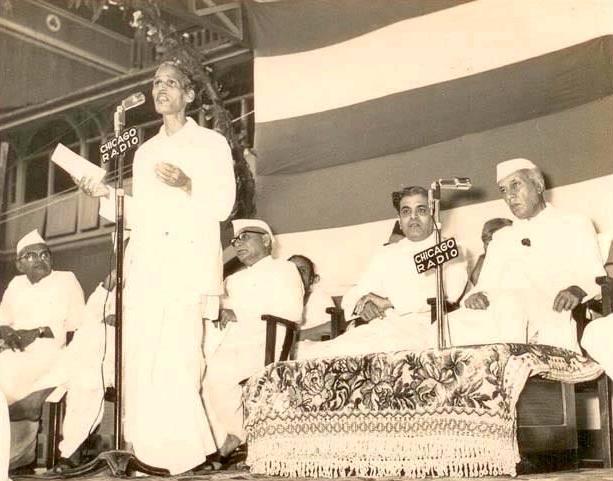
Pradeep also presented an original handwritten copy of the poem to Nehru that day.
While Pradeep, in his career spanning five decades, wrote over 1,700 songs, it was this song that would truly make him a legend amongst the songwriters in the country.
You may also like: Bankim Chandra Chattopadhyay: Remembering the Legend Who Wrote Vande Mataram
Ae Mere Watan ke Logon would go on to become one of the greatest patriotic songs of the country, and in recognition of his work, the government of India bestowed Pradeep with the honour of ‘Rashtriya Kavi’ (National Poet).
While Pradeep may not be alive today, his legacy lives on. Revisit the overpowering sense of gratitude to the fallen soldiers that this iconic song invokes here:
(Edited by Saiqua Sultan)
Like this story? Or have something to share?
Write to us: [email protected]
Connect with us on Facebook and Twitter
This story made me
- 97
- 121
- 89
- 167
Tell Us More
We bring stories straight from the heart of India, to inspire millions and create a wave of impact. Our positive movement is growing bigger everyday, and we would love for you to join it.
Please contribute whatever you can, every little penny helps our team in bringing you more stories that support dreams and spread hope.






